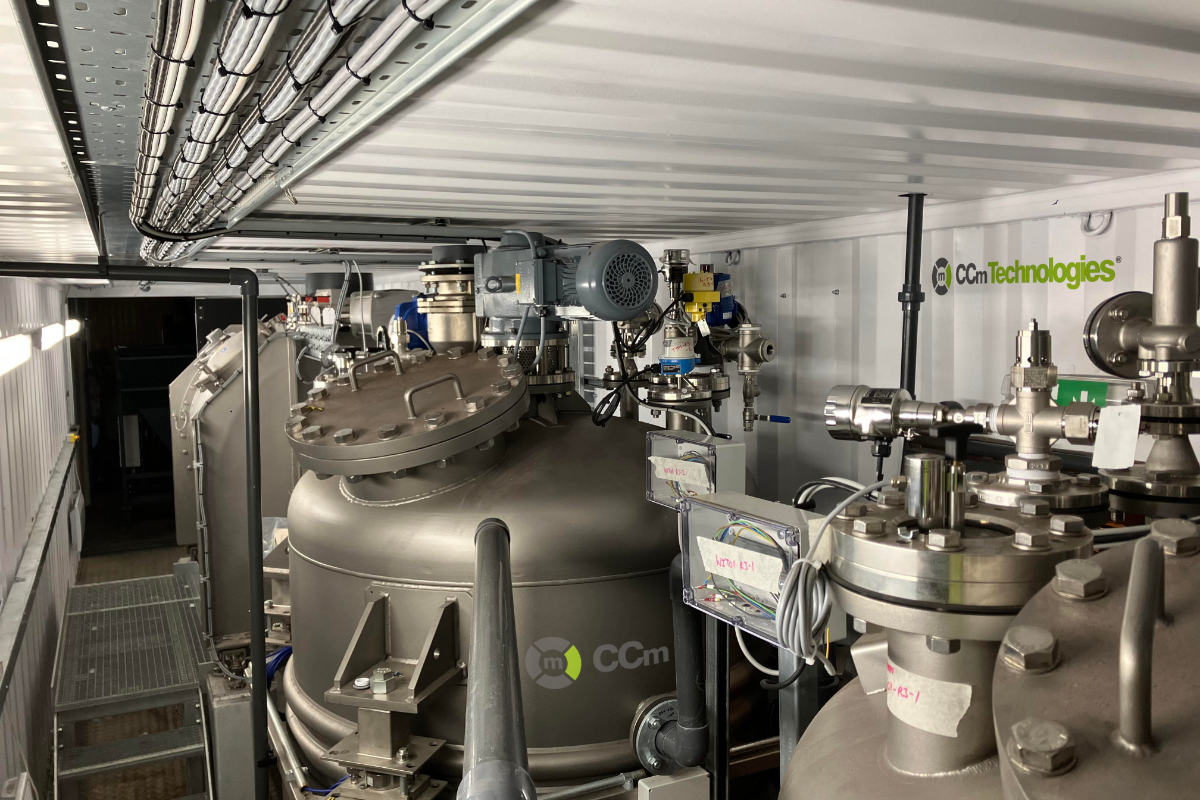

The Solutions Explorer lets you create alerts that match your needs. You can create several alerts and you will receive a notification each time a new Solar Impulse Efficient Solutions is labelled and matches your filters.
Your Search Alerts will show up here.
Sign in to create alerts for your filters and search terms.
Sign inDon't have an account?
Sign upAccess exclusive opportunities for Investor Members Only
The Investment Hub is a platform by the Solar Impulse Foundation that connects innovators with investors to fund scalable and sustainable solutions. Through tailored matchmaking, e-pitches, and a collaborative digital environment, it helps drive impactful innovation forward.
Sign in to explore a world of dynamic and high-potential investment opportunities.
Sign inDon't have an account?
Sign upJanuary 1, 2022
PepsiCo
Leicester

PepsiCo’s European agricultural supply chain uses over 600,000 tonnes of fertilisers annually, with emissions from synthetic fertilisers split roughly equally between manufacturing and in-field losses such as NOx gases and nutrient runoff. To address this, PepsiCo partnered with CCm Technologies to use its ultra-low carbon fertilisers, which significantly reduce emissions. This has enabled PepsiCo to report zero manufacturing emissions for the fertilisers used in growing potatoes for their UK Walkers crisps, supporting their efforts to reduce Scope 3 emissions. CCm is also working with Google Cloud to enhance the accuracy and transparency of emissions data across the entire fertiliser lifecycle.
The ultra-low carbon fertilisers, verified by the Carbon Trust, reduce manufacturing emissions by 1.44 tonnes of CO₂e per tonne compared to synthetic alternatives and cut in-field emissions by approximately 50%, according to Fera Science and Mirico. In PepsiCo’s case, this presents an opportunity to reduce more than 864,000 tonnes of CO₂e annually in Europe alone.
CCm's technology converts captured CO2 and other waste streams (such as Ammonia and Phosphate) into stable value-added materials with multiple uses across global priority sectors of agriculture, wastewater treatment (sewage), food production, and waste. The technology produces sustainable fertiliser in a net-zero process and provides many health benefits to the soil when applied to land. The fertiliser can be applied at a 20% reduced application rate and still achieves equivalent yield as conventional fertilisers.
Share
The information set out above, is solely for the purposes of information and the Solar Impulse Foundation does not provide any guarantee as to its authenticity, completeness or accuracy. This information does not constitute investment advice or a recommendation to buy into, transact or to enter into any agreement with any of the parties or persons mentioned above. Potential investors or interested parties are solely responsible for their investment or business decisions and for performing any due diligence required by the circumstances. The innovator has asserted ownership of the intellectual property rights for images, videos, and content showcased above, affirming full and unrestricted usage rights, and has provided explicit permission for the Solar Impulse Foundation to publish such information designated as "public" in the application form.